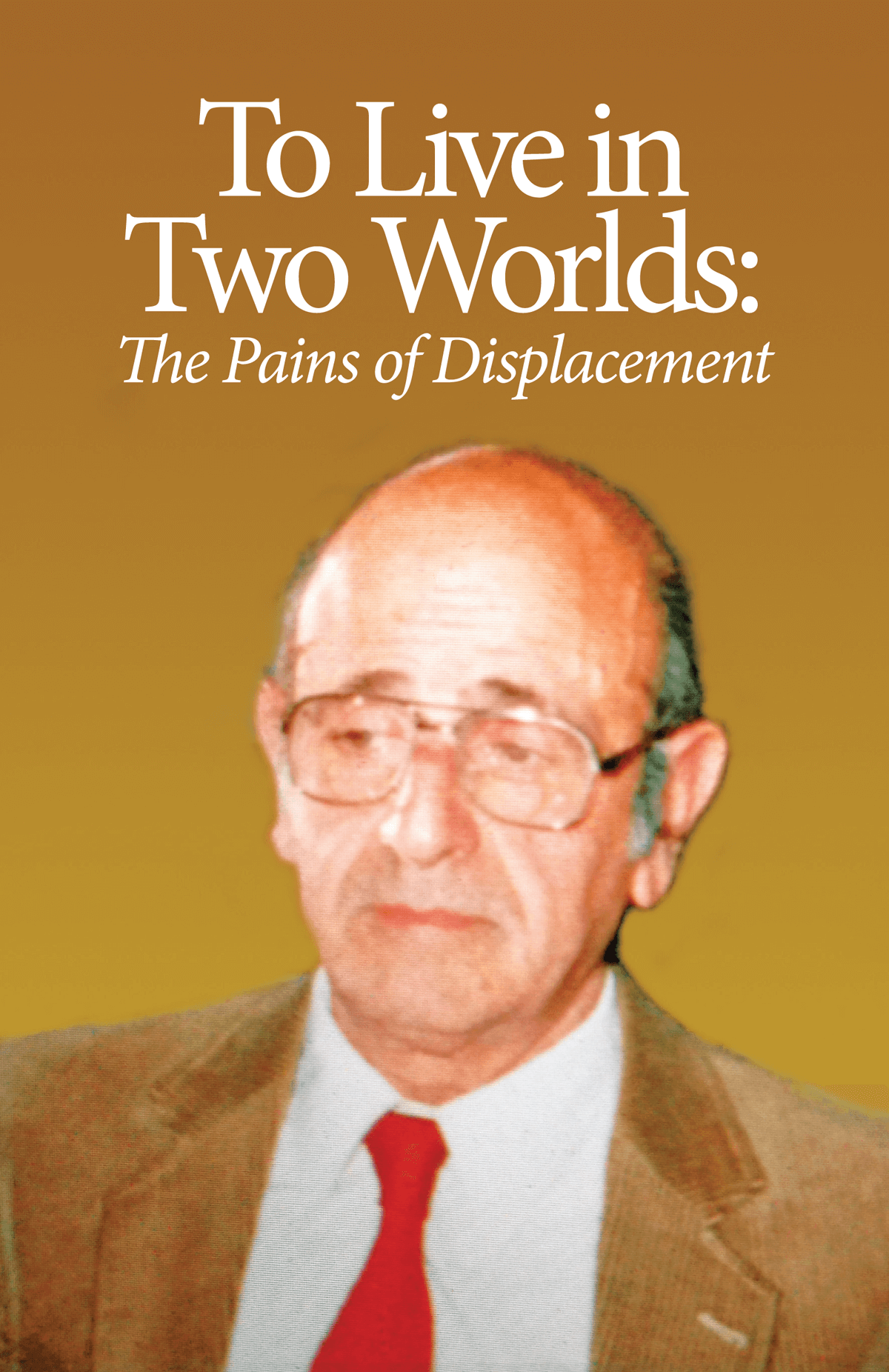To Live in Two Worlds
$19.95
Nissim Rejwan’s To Live in Two Worlds: The Pains of Displacement is a moving narrative of the practical spiritual affinity of one who loved Iraq’s Jewish heritage from its origin in the seventh century BCE through the arrival of Islam in the seventh century CE and his departure from Baghdad to Israel in 1951. He loved his Muslim fellow citizens in Iraq. And they loved him.
Though somewhere in the Bible we learn of the Jews of Babylonia sitting ‘by the rivers of Babylon’ and weeping in memory of Jerusalem, the overwhelming majority of those Jews continued to rebuild their homes and their lives—and worked hard, prospered, and multiplied.
This theme of Jewish prospering and continuity in Iraq although there were troughs as well as peaks caused Rejwan to write The Jews of Iraq: 3000 Years of History and Culture first published in London by Weidenfeld and Nicholson in 1985. His goal was to affirm vigorously that the Jewish integration in Mesopotamia was rich in memory and achievement.
- 9781891785498
- 365
